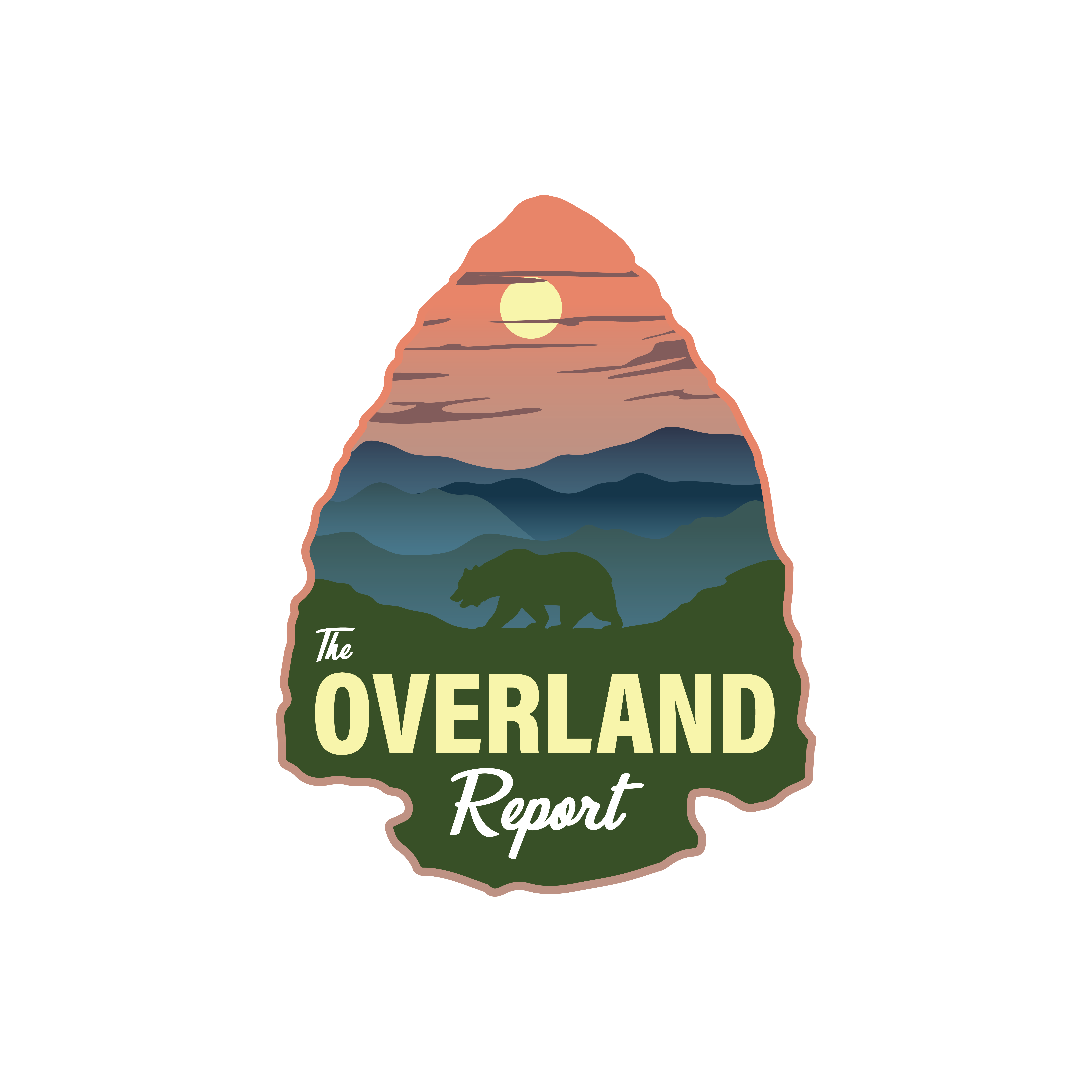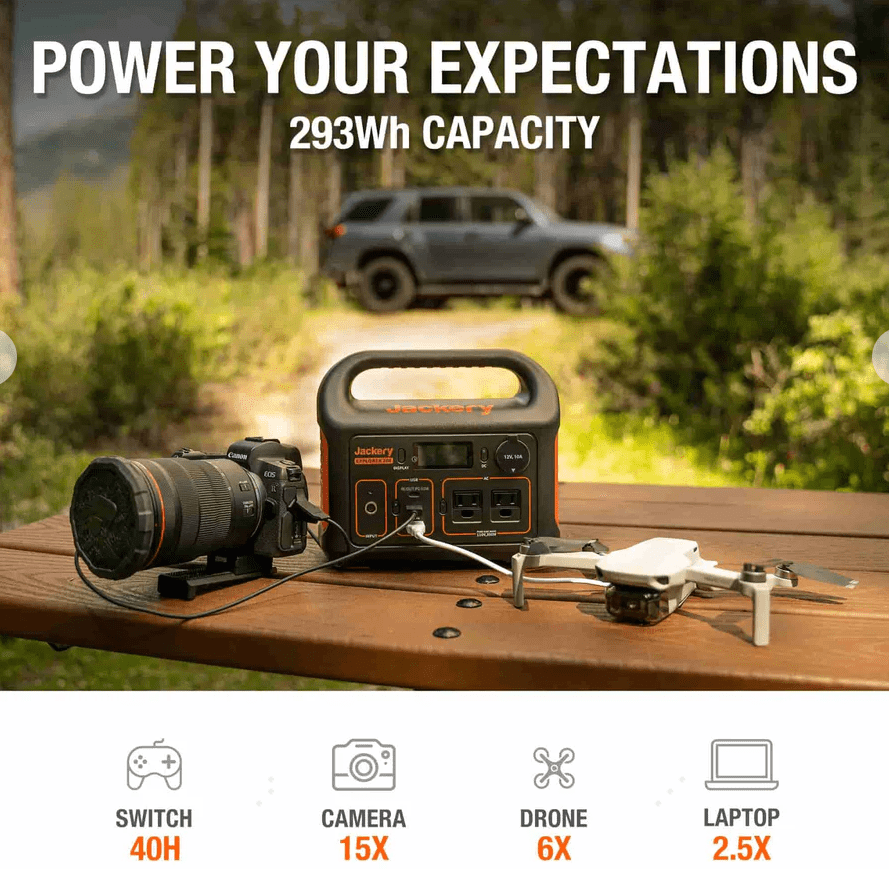Stay Safe on Your Overlanding Adventures
Essential Guide to Managing Medical Emergencies
Discover crucial strategies for handling unexpected medical situations while exploring the great outdoors.
Be Prepared for the Unexpected
Overlanding offers thrilling adventures, but it’s vital to be ready for any medical emergencies that might arise. Preparation can make all the difference in ensuring safety and peace of mind during your travels.
Understanding potential risks and having a plan in place can help you respond effectively to emergencies, protecting both yourself and your travel companions.
Equip yourself with the knowledge and tools needed to handle medical situations confidently, ensuring your overlanding journey is both safe and enjoyable.
Common Overlanding Medical Emergencies
Dehydration
Dehydration can occur quickly in hot climates or during strenuous activities. Recognize the signs early to prevent serious complications.
Heatstroke
Prolonged exposure to high temperatures can lead to heatstroke, a life-threatening condition that requires immediate attention.
Insect Bites and Stings
Encountering insects is common in the wild. Knowing how to treat bites and stings can prevent allergic reactions and infections.
Fractures and Sprains
Accidents happen, and knowing how to immobilize a fracture or treat a sprain can prevent further injury until professional help is available.
Allergic Reactions
Unexpected allergic reactions can occur from food or environmental factors. Quick identification and treatment are crucial.
Hypothermia
Exposure to cold weather can lead to hypothermia. Recognizing symptoms early is key to preventing severe health issues.
Snake Bites
While rare, snake bites can be dangerous. Knowing how to respond can reduce the risk of serious harm.
Cuts and Lacerations
Minor cuts can become serious if not treated properly. Learn how to clean and dress wounds to prevent infection.
1
Research Medical Facilities
2
Pack Essential Supplies
3
Review Emergency Protocols
Essential First Aid Kit for Overlanding
When preparing for an overlanding adventure, a well-stocked first aid kit is crucial. Include items such as adhesive bandages, antiseptic wipes, gauze pads, medical tape, and a digital thermometer. Don’t forget to pack a pair of tweezers, scissors, and a CPR face shield. It’s also wise to carry pain relievers, antihistamines, and any personal medications. Consider adding a first aid manual to guide you through unfamiliar situations. This kit from Amazon is perfect to carry in your overland vehicle. Click here to view
Quick Response Tips
Handling Emergencies in Remote Areas
In remote locations, responding swiftly to medical emergencies can make all the difference. First, assess the situation calmly and ensure the safety of everyone involved. Use your first aid kit to administer immediate care, such as stopping bleeding or stabilizing a fracture. If communication is available, contact emergency services with precise location details. Always have a plan for evacuation if the situation escalates. Remember, staying composed and informed is key to managing emergencies effectively.








